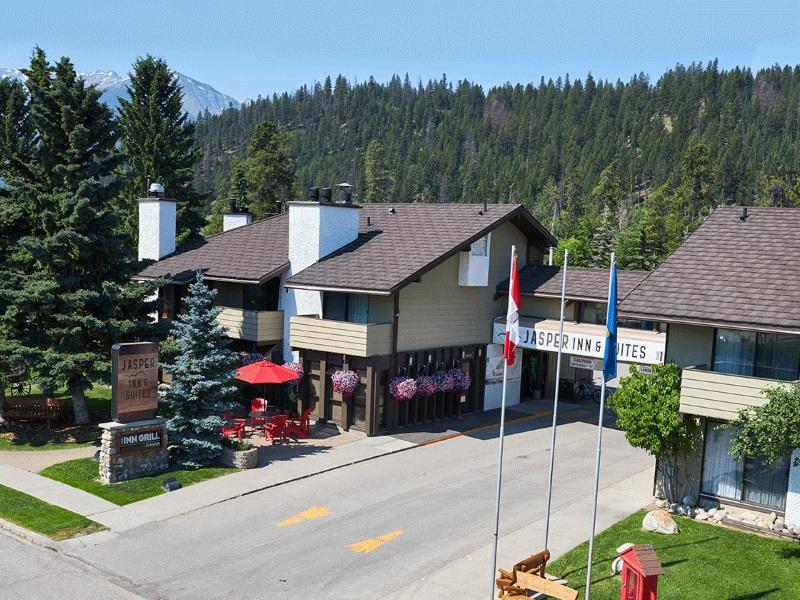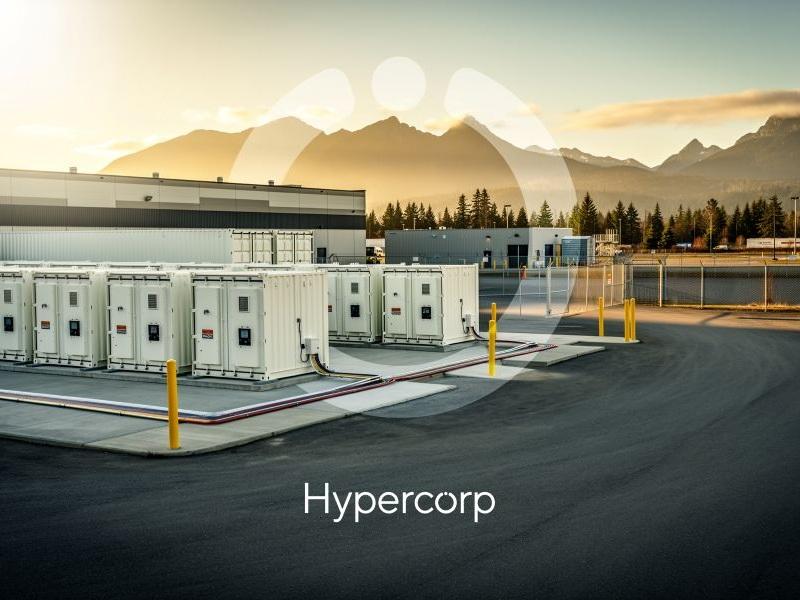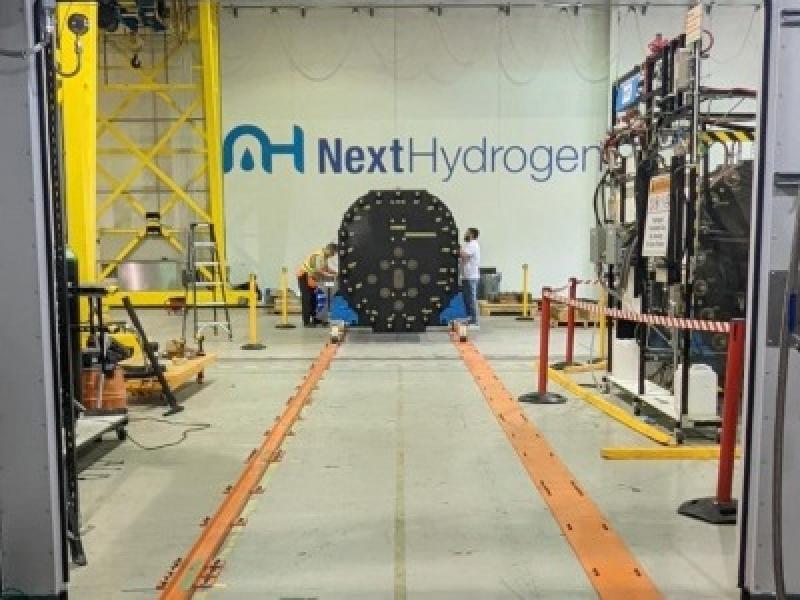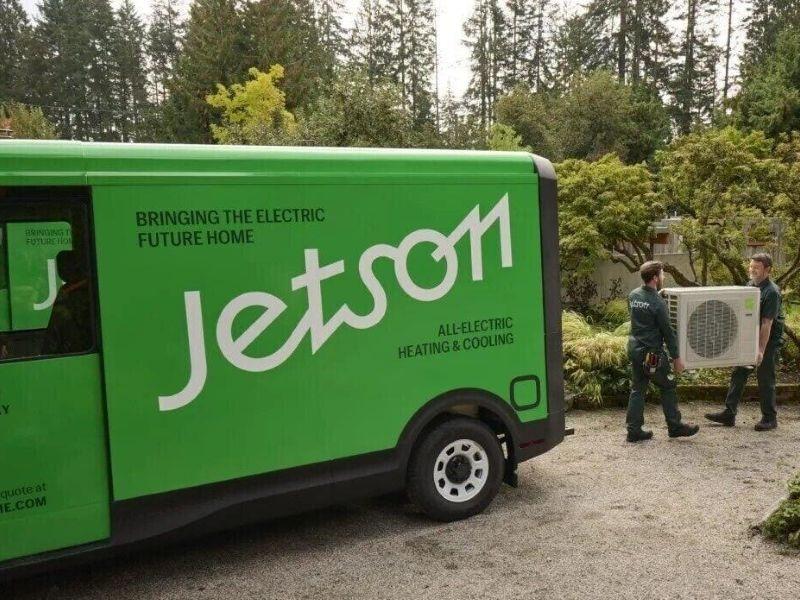
SOFIAC has made its first investment in the hospitality sector with a $5.9-million project targeting eight INNhotels properties in Alberta and British Columbia, a move expected to enhance the sustainability credentials and value of the hotels.
The energy efficiency measures backed by the Montreal-based investment fund will reduce energy use by 27 per cent from 2024 levels and generate over $395,000 in annual energy savings across the portfolio. The retrofits are projected to cut greenhouse gas emissions by 30 per cent compared to 2024, saving over 1,100 tonnes of carbon dioxide per year.
INNhotels is a family-owned business based in Stony Plain, Alta., with hotels in Jasper and Canmore in Alberta, and Invermere in British Columbia.
Unlike many businesses of its size, INNhotels has a dedicated sustainability team. It has driven initiatives such as a towel and linen reuse program to save water. Biodegradable garbage bags and to-go containers made from recycled materials are used at its hotels.
As the company searched for opportunities to further decarbonize, “the stars aligned” with SOFIAC, an organization that supports green investments, its director of development Catherine Langlois said in an interview with Sustainable Biz Canada.
“On one hand, they wanted to do a decarbonization project. On the other hand, they have to invest in their facilities – retrofitting, doing some asset renewals. They were trying to do both at the same time.”
Reaching ‘new levels of energy efficiency and sustainability’
SOFIAC not only put its funds toward the retrofits, but supported the project by finding a technology partner for INNhotels. Johnson Controls was selected as the engineering firm for the project and was paid by SOFIAC to perform the audits and implementation of the retrofits, Langlois said.
The upgrades across its portfolio of six hotels in Alberta and two in British Columbia will comprise:
- converting the interior and exterior lighting to energy-efficient LEDs;
- air sealing the building envelopes;
- updating the building controls;
- optimizing the kitchen hood ventilation by adding a demand control system;
- introducing pool covers to reduce heat and energy loss; and
- boiler upgrades and piping insulation.
The retrofits are expected to be made at all eight hotels, Langlois said, with the exception of the boiler and piping insulation upgrades at sites in Jasper and Stony Plain. Each hotel has approximately 100 suites.
Construction and implementation of the retrofits will take place over the next 10 months. The work is expected to be complete by September 2026.
The nearly $6-million investment into the 15-year effort will be recovered from the energy savings. SOFIAC will take 95 per cent of the revenue, while INNhotels will receive the remaining five per cent. However, INNhotels will also benefit from saving maintenance and water fees, Langlois said.
“By partnering with SOFIAC, we’re empowering our hotels to reach new levels of energy efficiency and sustainability — demonstrating our commitment to responsible tourism while delivering an exceptional guest experience,” Lisa Levasseur, founder and CEO of INNhotels, said in a release.
Sustainability ‘in vogue’ in hospitality
Other than supporting a low-carbon transition, it makes good business sense to initiate such retrofits, Langlois said.
“Sustainable tourism is really in vogue these days. So we help them get the certification so they can reach their sustainability goals.”
The retrofits will help the hotels earn certifications from the likes of Green Key, an international program that recognizes hospitality businesses committed to sustainability. SOFIAC has signed a partnership with Green Key, allowing SOFIAC to embed Green Key certification into its projects, Langlois said.
Equipped with such a certification, INNhotels can increase the value of its assets and better market its properties, she added.
SOFIAC wants to continue in the hospitality sector. The industry is “one of the main targets for the next few years,” Langlois said.
It will have more projects to announce that are geared toward heavy industry companies, restaurants and cheese factories. In July, it announced a $10-million project into two Quebec facilities owned by dairy company Lactalis Canada.










